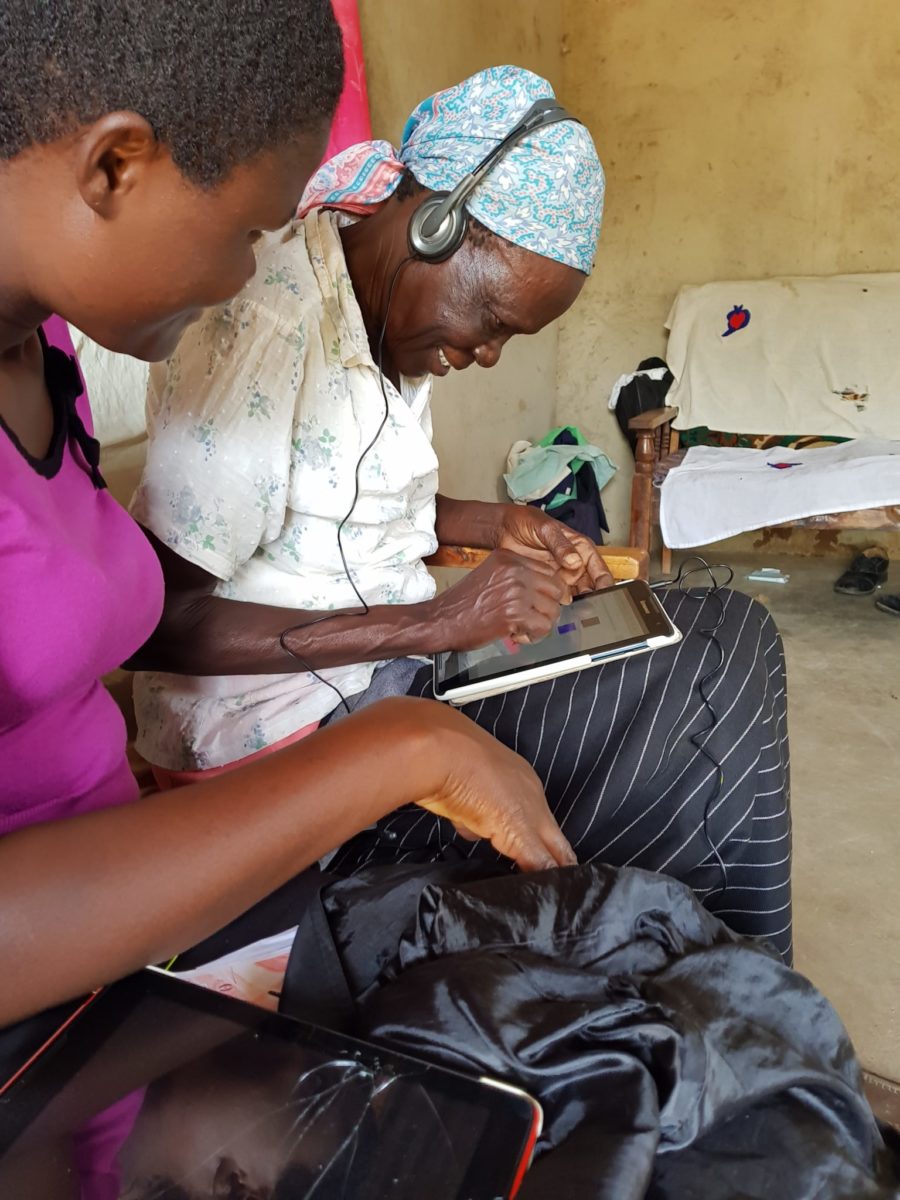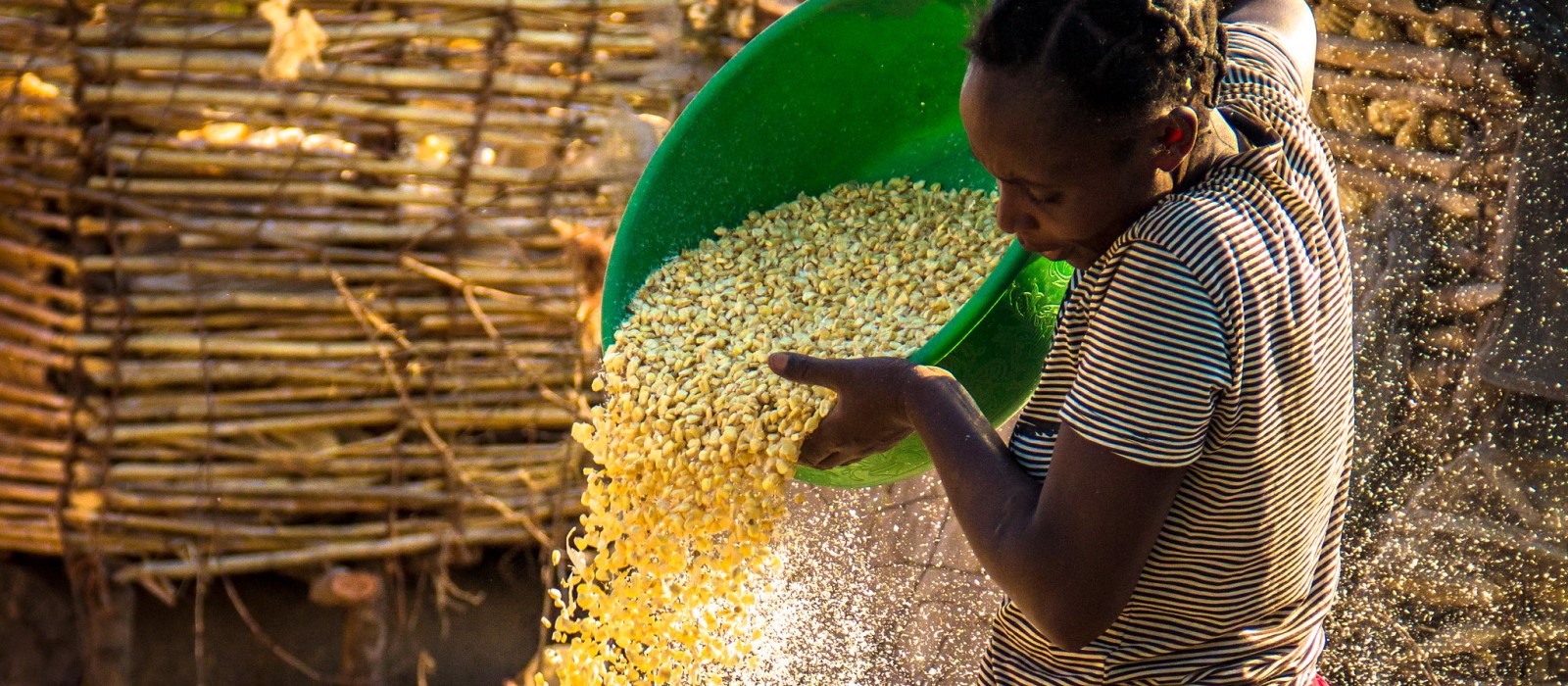Psychology and Economics of Poverty (PEP) Seminar Series

Photo Credit: Mind and Behaviour Research Group.
The experience of living in poverty has psychological consequences that impede a person’s ability to navigate the challenges of daily life, make decisions, and plan for the future. Further research on the relationships between poverty and beliefs, aspirations, mental health, stress, and cognition has the potential to help both the public and private sectors in designing and targeting interventions that effectively increase welfare for the world’s poor. The Psychology and Economics of Poverty (PEP) Seminar Series is an open, online forum for showcasing new research on poverty at the intersection of psychology and economics. We encourage participants to be engaged, and to ask questions and provide feedback to presenters.
Interested in receiving information about upcoming seminars, as well as other PEP news? Sign up for our PEP mailing list by clicking the link and selecting “Psychology & Economics of Poverty (PEP) ” at the bottom. Upcoming seminars in the series are listed below, and will be updated as details are confirmed. See the bottom of this page for past events.
Upcoming Seminars
Information about upcoming seminars will be posted here.
Past Seminars
How a Focused Budgeting Activity Increased Savings across the Hungry Season in Zambia

Presenter: Kelsey Jack, Associate Professor, Bren School of Environmental Science and Management, UC Santa Barbara
Date: Thursday, April 20, 2023
Time: 6:30 – 8:00 am PST / 9:30 – 11:00 am EST / 3:30 – 5:00 pm CAT
Kelsey Jack, Associate Professor at UC Santa Barbara and CEGA affiliate, presented research results and future directions from a randomized controlled trial in Zambia that helped smallholder farming families more accurately budget and plan for the future. This simple, inexpensive budgeting intervention stretched farmers’ savings by roughly one extra month while increasing farm yields by 9 percent in the following year. This webinar was hosted by Agrilinks, and co-hosted by the Feed the Future Innovation Lab for Markets, Risk and Resilience at UC Davis and the Center for Effective Global Action at UC Berkeley.
Event materials linked here.
Assets, Aspirations and Anti-Poverty Policies
 Presenter: Kate Orkin, Mind and Behaviour Research Group, Centre for the Study of African Economies, University of Oxford
Presenter: Kate Orkin, Mind and Behaviour Research Group, Centre for the Study of African Economies, University of Oxford
Date: Thursday, February 11, 2021
Time: 8:30-9:30 am PST / 4:30-5:30 pm GMT
Can supporting people in setting higher goals and aspirations at crucial times impact their economic outcomes later? Kate Orkin, Co-Director of the Mind and Behaviour Research Group based at the Centre for the Study of African Economies, University of Oxford, shares results from a randomised evaluation in Kenya to understand the economic effects of watching an aspirational video, as well as whether pairing the video with an unconditional cash transfer can improve the impact of cash.



